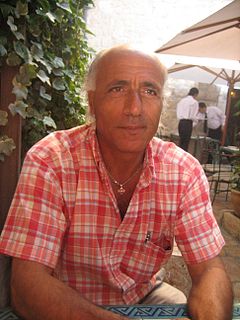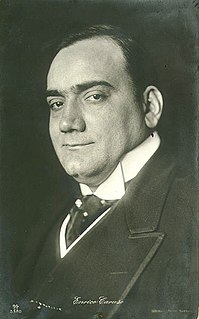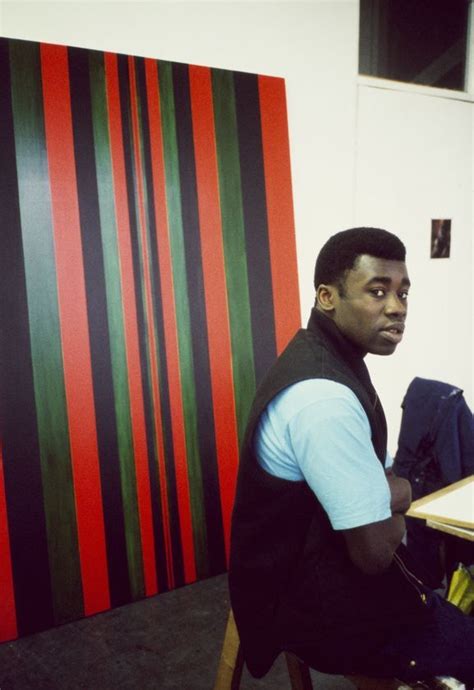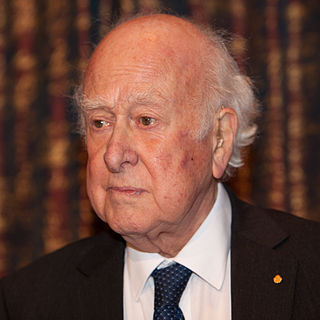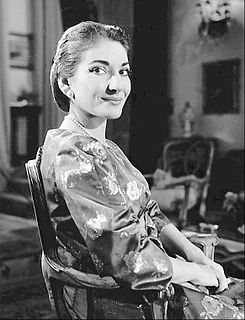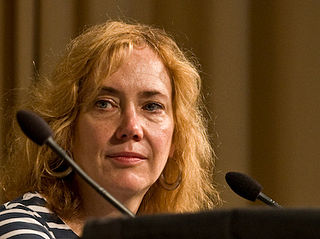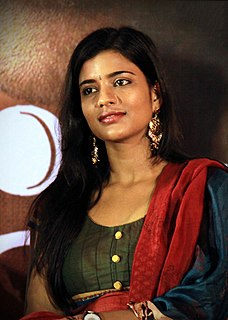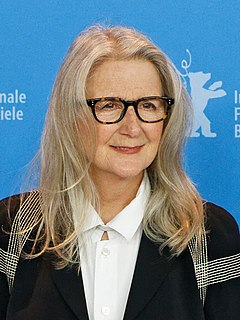A Quote by Sam Taylor-Johnson
After I left college, I went to work at the Royal Opera House in London, which became a real catalyst for me because it made me realize that I was interested in cinema and in the way life is thrust at you. So I started making films.
Related Quotes
When I left university I was sure that I was going to be a painter. Then I had a crisis, a revelation. I saw Dolce Vita and my mind was blown by it, by the synthesis. I realised I wanted to be a filmmaker and started making films. I was writing screenplays and couldn't get money because my work was so uncommercial. I got married and started writing fiction. What was wonderful is that it gave me my freedom because no-one can tell me I can't work. Novels have become equally important to me as films. I consider myself a storyteller and passionately engaged in both of those disciplines.
I liked Edinburgh as a university in a way that I'd never enjoyed King's College London. I realised after I came to Edinburgh that perhaps it was a mistake to have gone to a college which was bang in the centre of a vast city. It had a bad effect on the social life of the students because a lot of them were commuting from outer London.
I wanted to be a playwright in college. That's what I was interested in and that's what I was moving toward, and then I had the lucky accident of falling in love with film. I was 19 or 20 that I realized films are made by people. Shooting digitally became cheaper and better. You couldn't make something that looked like a Hollywood film, but you could make something through which you could work out ideas. I was acting, but I was also conceiving the plots and operating the camera when I wasn't onscreen. I got very unvain about film acting, and it became a sort of graduate school for me.
I went to college to study drama where I discovered I had no talent and after a period of dropping out majored in cultural anthropology which of course meant more masks and dancing. I studied what interested me and so I had to become a writer because my education had left me unsuited for a decent well-paying job.
It always did bother me that the American public were more interested in me than in my work. And after all there is no sense in it because if it were not for my work they would not be interested in me so why should they not be more interested in my work than in me. That is one of the things one has to worry about in America.


